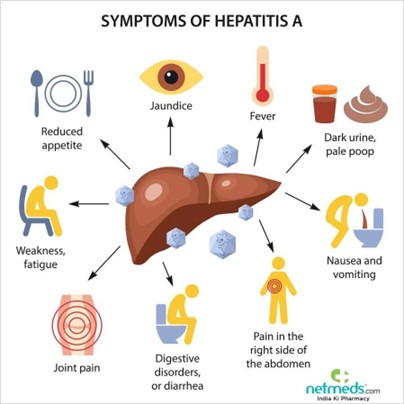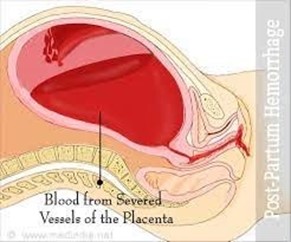A nurse is caring for a newborn following a circumcision. Which of the following manifestations indicates
the newborn is experiencing pain?
Diaphoresis
Hypoglycemia
Lip smacking
Transient strabismus
The Correct Answer is C
Nursing Test Bank
Naxlex Comprehensive Predictor Exams
Related Questions
Correct Answer is B
Explanation
A nurse collecting data from a client who has hepatitis A should expect to find that the client may have abdominal pain. Hepatitis A is a liver infection that can cause inflammation and discomfort in the abdomen.
The other options are not typical symptoms of hepatitis
a)Splenomegaly is an enlargement of the spleen and is not a typical symptom of hepatitis A.
c) An irregular heart rateis not a typical symptom of hepatitis A.
d) Tarry stools may indicate bleeding in the digestive tract and is not a typical symptom of hepatitis A.

Correct Answer is B
Explanation
b. Methylergonovine.
Explanation:
Postpartum hemorrhage is a significant complication that can occur after childbirth. Methylergonovine is a medication commonly used to manage postpartum hemorrhage. It is an ergot alkaloid that helps to contract the uterus, reducing bleeding. It is typically administered either intramuscularly or orally.
Option a, Terbutaline, is a medication used for the management of preterm labor by relaxing the uterine smooth muscles. It is not indicated for postpartum hemorrhage.
Option c, Magnesium sulfate, is a medication used for the prevention and treatment of seizures in patients with preeclampsia or eclampsia. It is not specifically indicated for postpartum hemorrhage.
Option d, Nifedipine, is a calcium channel blocker commonly used to manage hypertension. It is not indicated for postpartum hemorrhage.
It's important to note that the specific management of postpartum hemorrhage may vary depending on the underlying cause, severity of bleeding, and individual patient factors. The healthcare provider will determine the most appropriate interventions and medications for each case.

Whether you are a student looking to ace your exams or a practicing nurse seeking to enhance your expertise , our nursing education contents will empower you with the confidence and competence to make a difference in the lives of patients and become a respected leader in the healthcare field.
Visit Naxlex, invest in your future and unlock endless possibilities with our unparalleled nursing education contents today
Report Wrong Answer on the Current Question
Do you disagree with the answer? If yes, what is your expected answer? Explain.
Kindly be descriptive with the issue you are facing.
